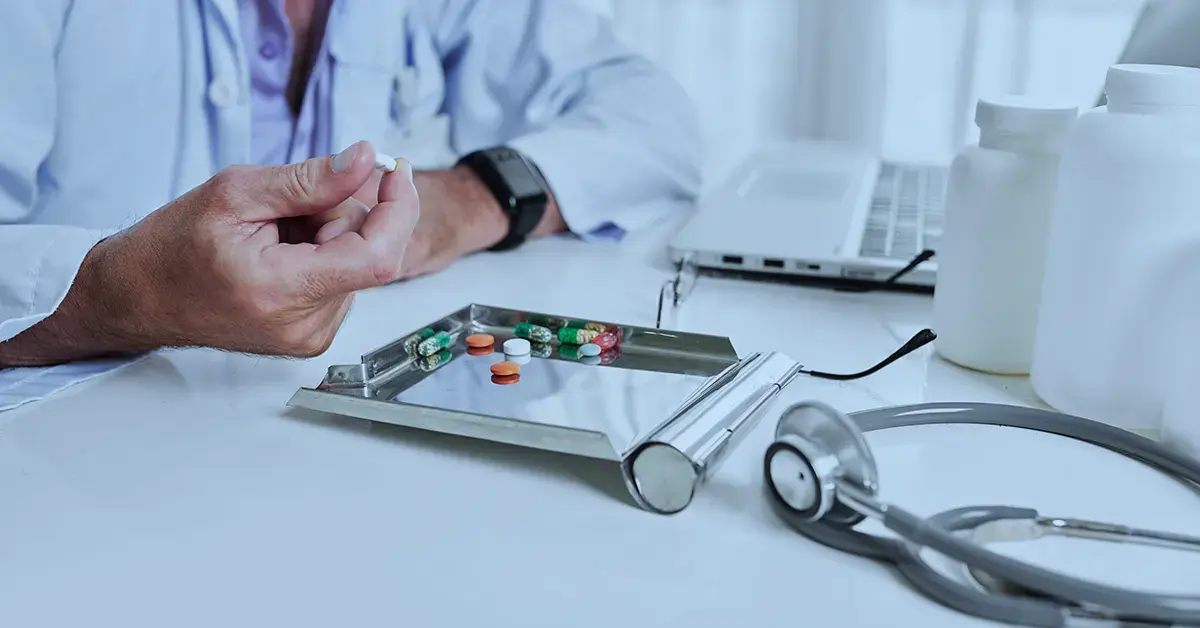When we think about hospitals, clinics, or any healthcare facility, the first department that comes to mind is often general medicine. This department is the backbone of medical care, providing essential health services to people of all ages. Whether it’s a common cold or a more serious health issue, most people start their healthcare journey in general medicine.
What is General Medicine?
General medicine is the branch of medicine that deals with the prevention, diagnosis, and treatment of diseases in adults. Doctors in this field, often referred to as general physicians or internists, are trained to manage various medical conditions. From routine check-ups to more complex medical issues, general medicine covers a broad range of health concerns.
Unlike specialists who focus on one area of the body or a specific disease, general medicine physicians look at the whole picture. They examine how different parts of the body interact and how multiple conditions might affect overall health. This comprehensive approach is what makes general medicine such an important part of healthcare.
The Role of General Physicians
General physicians are often the first point of contact when a person feels unwell. Their role is not limited to treating illnesses; they also focus on disease prevention and health maintenance. Here are some key responsibilities of a general physician:
Guidance on a healthy lifestyle including diet, exercise, and quitting smoking.
- Diagnosis: Performs thorough examination, medical history, and tests to accurately diagnose symptoms.
- Treatment: Creates a treatment plan, including medication, lifestyle changes, or referral to specialists.
- Health Monitoring: Manages chronic conditions like diabetes, hypertension, and heart disease.
- Preventive Care: Emphasizes regular check-ups, vaccinations, and screenings.
Common Conditions Treated in General Medicine
General medicine covers a lot of different health problems. It helps with treating many common diseases such as:
- Infections: Whether it’s a minor cold, flu, or more serious illnesses like pneumonia, general physicians treat all kinds of infections.
- Chronic Diseases: Conditions like diabetes, high blood pressure, and asthma are managed by general physicians through regular monitoring and medication.
- Digestive Issues: Problems like acid reflux, irritable bowel syndrome (IBS), and constipation are common complaints treated in this department.
- Heart and Lung Conditions: General physicians often manage heart disease, high cholesterol, and respiratory conditions such as chronic obstructive pulmonary disease (COPD).
- Musculoskeletal Problems: From back pain to arthritis, general physicians help patients manage pain and mobility issues.
Why General Medicine is Crucial?
General medicine plays a vital role in healthcare for several reasons. First, it offers a broad approach to health. General physicians don’t just focus on one body part; they look at how everything is connected. This holistic view is essential for understanding how different health problems interact.
Second, general medicine is accessible to everyone. Whether you’re young or old, dealing with a minor illness or a long-term condition, general physicians provide care that is tailored to your individual needs. This is what makes them an important part of the healthcare system.
The Relationship between General Medicine and Specialists
While general physicians are trained to handle a wide range of health issues, there are times when specialized care is needed. Your general physician will recommend you to a specialist if your situation calls for more specialization.
For example, if you have a heart problem, they may send you to a cardiologist. If you need surgery, they will work with a surgeon to ensure you get the best care.
However, even when you are seeing a specialist, your general physician remains an important part of your healthcare team. They continue to oversee your overall health, manage any other conditions you may have, and ensure that all aspects of your care are coordinated.
When to see a General Physician?
It’s important to know when to visit a general physician. Regular check-ups are essential for maintaining good health, even if you feel fine. These visits allow your doctor to catch potential problems early when they are easier to treat. You should also see a general physician if you experience symptoms like:
- Persistent pain or discomfort
- Ongoing fatigue or weakness
- Difficulty breathing or chest pain
- Sudden weight loss or gain
- Frequent infections
These symptoms could be signs of a more serious condition, and early intervention can make a big difference.
In conclusion, general medicine is a fundamental medical department that plays a crucial role in diagnosing, treating, and preventing a wide range of health conditions. General physicians are
dedicated to ensuring their patients live healthy lives by providing comprehensive care that considers the whole person, not just one aspect of their health. For anyone looking to maintain their health or address health concerns, the general medicine department is always the place to start.
